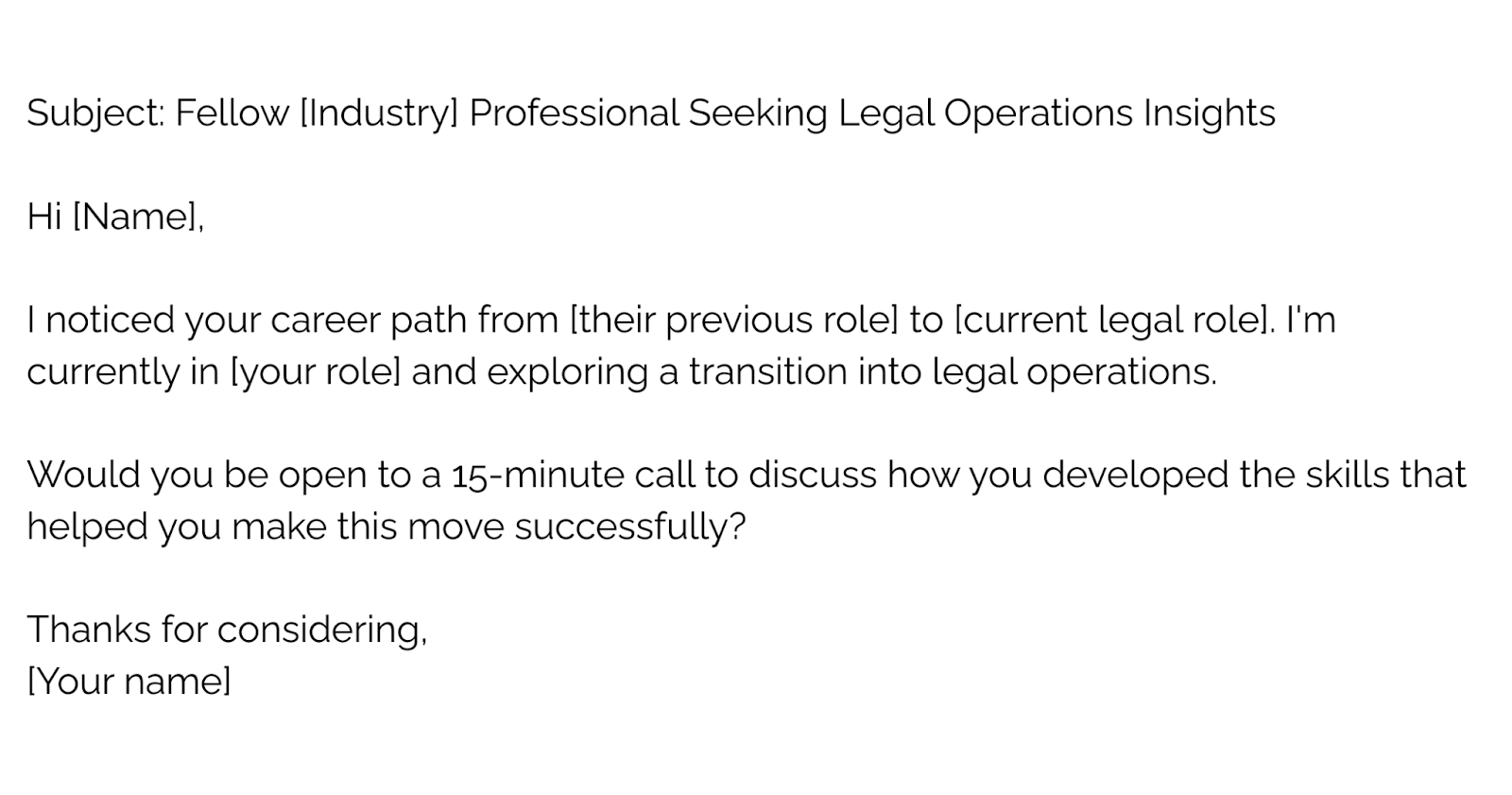What Legal Jobs Can You Get Without a Law Degree?


Legal careers aren’t just for JD holders. From compliance to legal operations, there are plenty of roles that don’t require law school, yet still reward sharp thinking, strong organization, and problem-solving skills. If you’re considering a pivot, the legal field has more paths than you might think.
Here are a few positions where you can build a career in the legal field without attending law school:
Compliance Analyst
Compliance analysts help organizations stay on track, interpreting rules, developing policies, and monitoring for risks. Your work might focus on anything from financial reporting to data privacy or environmental standards.
- Core Skills: Analytical mindset, an eye for detail, clear communication, and the ability to untangle complex information.
- Getting Started: A background in business or finance helps, but many enter from other fields by building expertise in a specific industry’s rules. Earning a compliance certificate can boost your profile.
Paralegal or Legal Assistant
Paralegals and legal assistants are the engine of many legal teams. They dig into research, draft documents, organize case files, and keep communication flowing. The work is fast-paced and offers a front-row seat to legal practice.
- Core Skills: Organization, research and writing, comfort with legal software, and strong people skills.
- Getting Started: Paralegal certificate programs provide a solid foundation. Some firms train those with strong administrative or research backgrounds. If you’ve managed records or handled detailed paperwork, highlight that experience.
Contract Manager or Administrator
Contract managers oversee agreements from draft to renewal, making sure every detail lines up with business goals and legal standards.
- Core Skills: Detail-oriented, skilled negotiator, business sense, and project management chops.
- Getting Started: Experience in procurement or business administration is a plus. Contract management certifications can set you apart. Knowing the basics of contract law helps, but a track record of managing projects or agreements matters just as much.
Making Your Transition into the Legal Field
Here's how to structure your experience entries:
Notice: Clear job title, company name, dates, and keywords naturally integrated into achievements.
Practical Tips That Work
Shifting into law means playing to your strengths and filling in the gaps:
- Use Your Experience: Skills from project management, research, customer service, or finance translate well. Frame your background to show how it supports legal work.
- Build Targeted Knowledge: Short courses or certifications focused on compliance, paralegal studies, or contract management can give you the vocabulary and context you need.
- Refine Your Resume and Cover Letter: Tailor your materials for each role. Use keywords from job descriptions and quantify your achievements. If you’re changing careers, a clear cover letter explaining your interest and transferable skills can make a difference.
- Network with Intention: Reach out to professionals in your target roles. Informational interviews and local legal events (some open to non-lawyers) can reveal what the work is really like.
Sample LinkedIn outreach message:
Your Legal Career Awaits
The legal sector values people who can organize, analyze, and communicate with precision. By choosing the right role and preparing strategically, you can build a career that’s both challenging and rewarding, even without a JD.

